Planning a trip to the Land of the Rising Sun? Japan, with its vibrant culture, stunning landscapes, and delicious cuisine, is a dream destination for many. If you’re an Indian passport holder wondering, “Can Indians Travel To Japan?”, the answer is a resounding YES! This guide covers everything you need to know, from visa requirements to travel tips, ensuring a smooth and unforgettable journey.
Japan Tourist Visa for Indians: No Sponsor Needed!
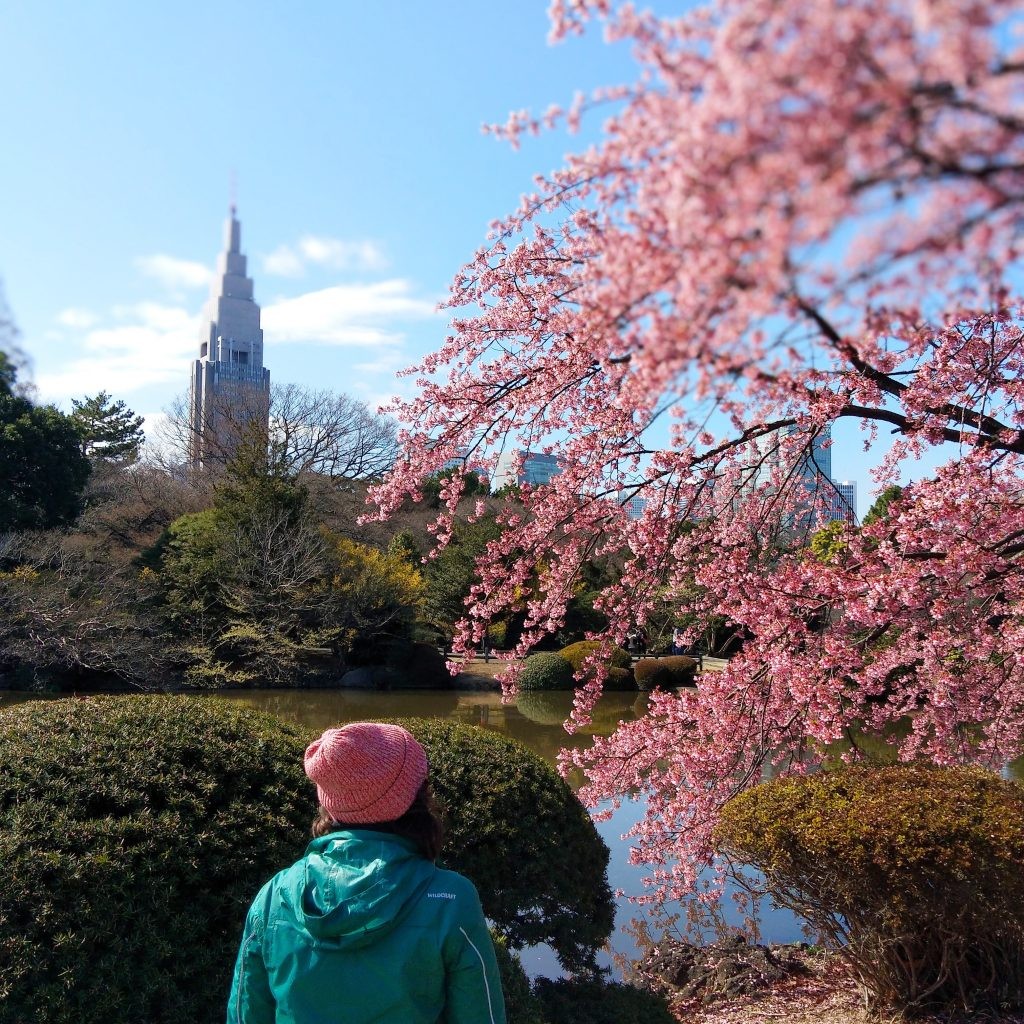 Indian passport with Japan visa
Indian passport with Japan visa
Gone are the days when securing a Japan tourist visa for Indians required invitation letters from sponsors. Since 2016, the process has been simplified. While a Japan visa on arrival for Indian citizens remains elusive, the current application process is relatively straightforward. You can apply through VFS Japan, the official visa application center for the Japan Embassy in India. The application typically takes around 4 working days. Similar to the Schengen visa, you’ll need to provide return flight bookings, accommodation details, and bank statements to support your application. A single-entry visa allows a stay of up to 30 days and is valid for use within 2.5 months from the application date.
Best Time to Visit Japan: Choosing the Right Season
Japan offers unique experiences throughout the year. While the cherry blossom season (Sakura) is incredibly popular, it also brings large crowds and higher prices.
Cherry Blossom Season
The cherry blossom season is undeniably beautiful, but it’s wise to consider alternatives. Nature’s timing is unpredictable, and popular spots in Tokyo, Kyoto, and Osaka become extremely crowded.
Shoulder Seasons
Early spring (March-April) and late autumn (September-November) offer pleasant weather and fewer crowds. You might even catch the plum blossom (Ume), a quieter, equally stunning alternative to cherry blossoms.
Low Season (Winter)
Winter (November-February) is the least crowded and often the most affordable time to visit Japan. Major cities transform into winter wonderlands, and indoor heating makes it comfortable to explore.
Packing Essentials for Japan
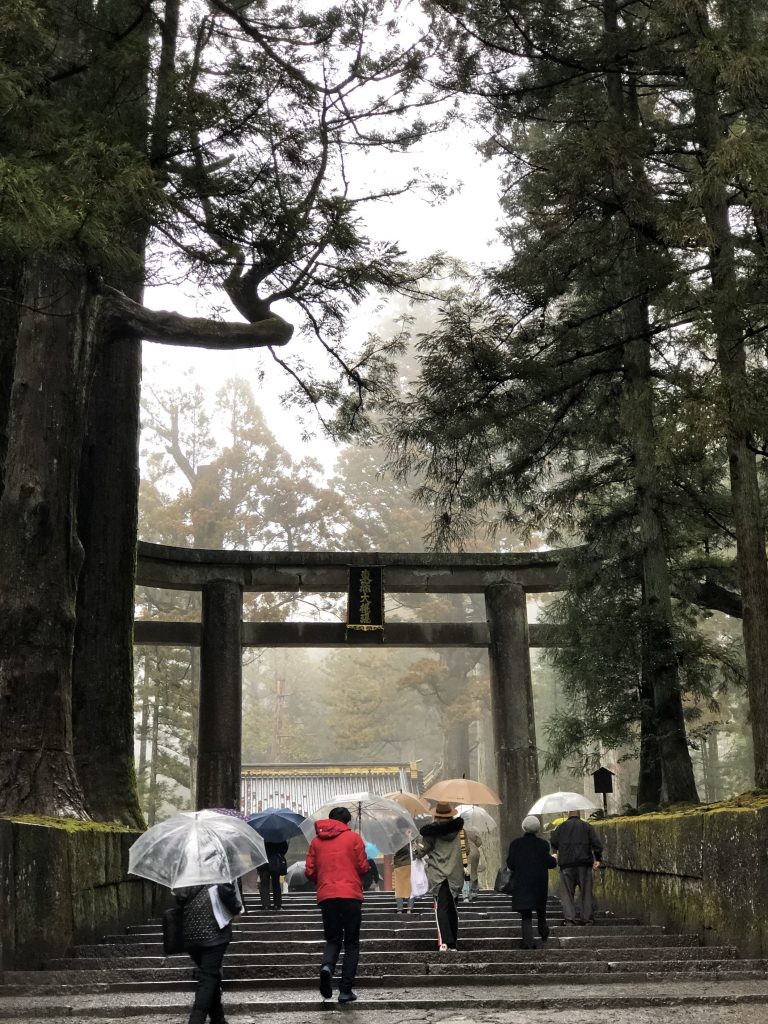 Rainy day in Nikko
Rainy day in Nikko
What you pack depends on the season and your itinerary. If you’re sticking to Honshu (Tokyo, Kyoto, Osaka), be prepared for distinct seasons.
Key items to consider:
- Layers: Pack clothes you can easily add or remove.
- Warm innerwear: Essential for colder months.
- Rain jacket: Always a good idea, regardless of the season.
- Towel: Surprisingly, many accommodations don’t provide towels or charge extra.
- Universal Travel Adapter: Japan uses Type A and B plugs.
Staying Connected: Internet Access in Japan
While Japan is a technologically advanced country, readily available Wi-Fi can be surprisingly limited outside major cities and train stations. Having internet access is essential for navigation, translation, and general convenience, especially if you’re travelling to Japan for the first time.
Options for internet access:
- Airtel International Roaming: Airtel offers international roaming plans for Japan, providing data and call minutes.
- Local SIM Card: Local SIM cards can be expensive, but provide reliable data access. Available at airports and 7-Elevens.
- Free Wi-Fi: Many accommodations and restaurants in larger cities offer free Wi-Fi.
Must-Visit Destinations for First-Timers in Japan
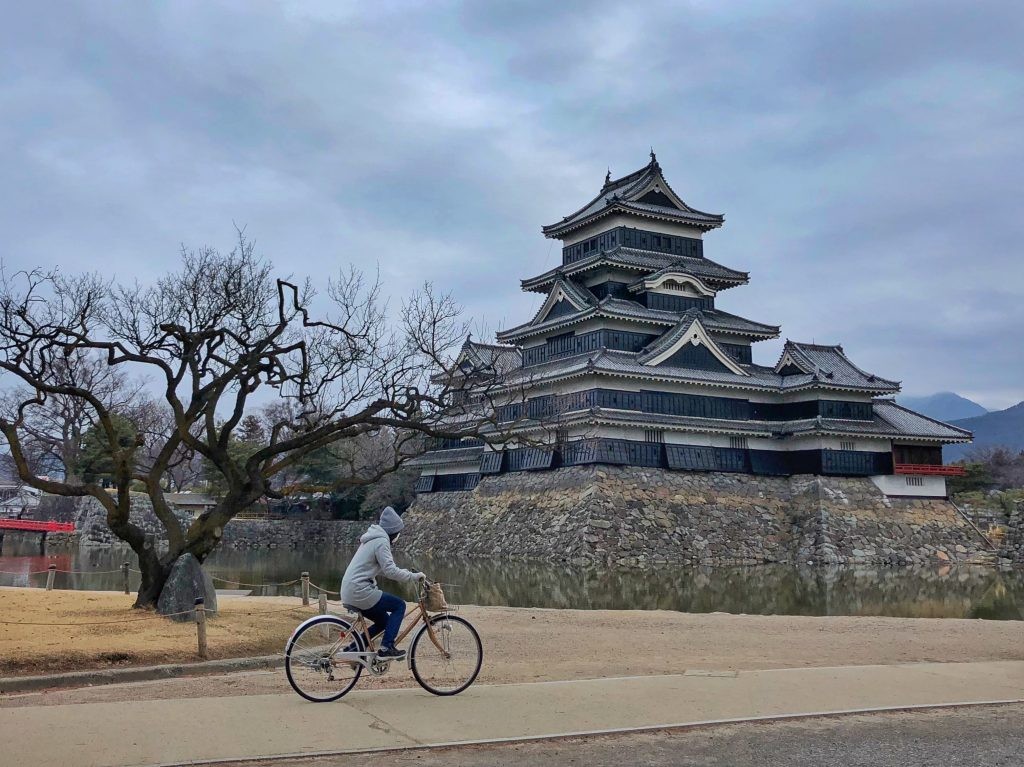 Matsumoto Castle, Japan
Matsumoto Castle, Japan
Japan offers diverse experiences. Consider combining popular cities with lesser-known destinations.
Tokyo
Explore neighborhoods like Asakusa, with its traditional charm and Sensoji Temple.
Kyoto
Be prepared for crowds, especially during cherry blossom season. Consider visiting in winter for a more peaceful experience.
Osaka
A modern city, easily accessible from Kyoto. A good choice if you prefer a more contemporary urban experience.
Offbeat Destinations
Consider destinations like Nara, Nagano, Hiroshima, and Matsumoto. For a truly unique experience, explore southern regions:
- Aso: An active volcano and hiking trails.
- Kurokawa: A charming onsen (hot spring) town.
- Yakushima: A remote island with incredible hiking and moss forests.
Accommodation Options in Japan
Airbnb can be restrictive due to licensing requirements. Instead, consider:
- Booking.com: A good platform for finding ryokans, B&Bs, guesthouses, and hostels.
- Direct Google Search: Useful for finding smaller, local accommodations.
Accommodation Styles to Try
- Ryokan: Traditional Japanese inns with tatami mats, futon beds, and onsen.
- Homestay/Small Guesthouse: Offers a more personal experience with friendly hosts.
- Hostel Pod: A budget-friendly option, especially in larger cities.
Budgeting for Your Trip to Japan
Japan can be an expensive destination. Be prepared for higher costs compared to many other countries.
Average Costs (approximate):
- Hostels: INR 2000 per night for a dorm bed in Tokyo.
- Guesthouses: INR 3500 per night for a double room with a shared bathroom.
- Food: INR 1000-3000 per meal at a local restaurant.
- Transport: INR 8000+ for a 2-3 hour bullet train ride.
Tips for Saving Money
- Book Early: Secure accommodations well in advance.
- Japan Rail Pass: Cost-effective if you plan to travel extensively by train.
- Local Buses: Cheaper than trains within cities.
- Longer Stays: Reduce transport costs by staying longer in each location.
- Supermarkets: High-quality and affordable food options.
Language Barrier: Do They Speak English in Japan?
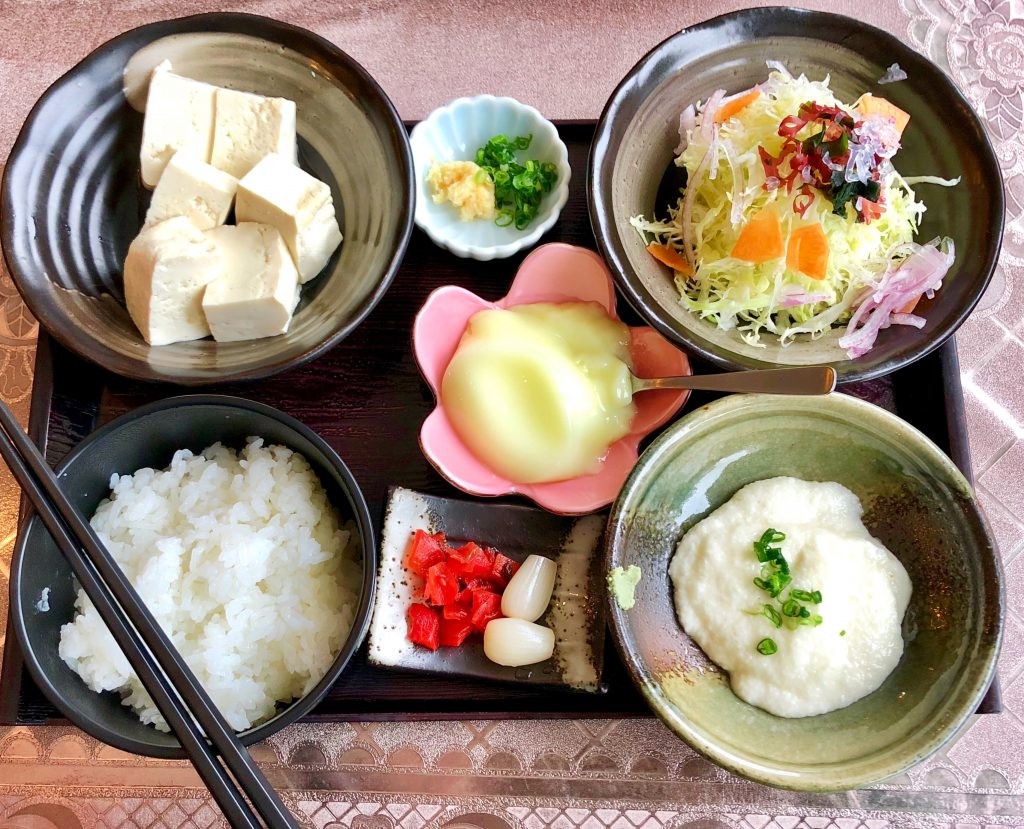 Learn basic Japanese phrases for your trip
Learn basic Japanese phrases for your trip
English is more common in Tokyo and Kyoto, but outside these areas, many locals speak limited English. Learning basic Japanese phrases is highly recommended.
Useful Phrases:
- Konnichiwa (Hello)
- Arigatou gozaimas (Thank you)
- Sumimasen (Excuse me/Sorry)
- Kudasai (Please)
Is the Japan Rail Pass Worth It?
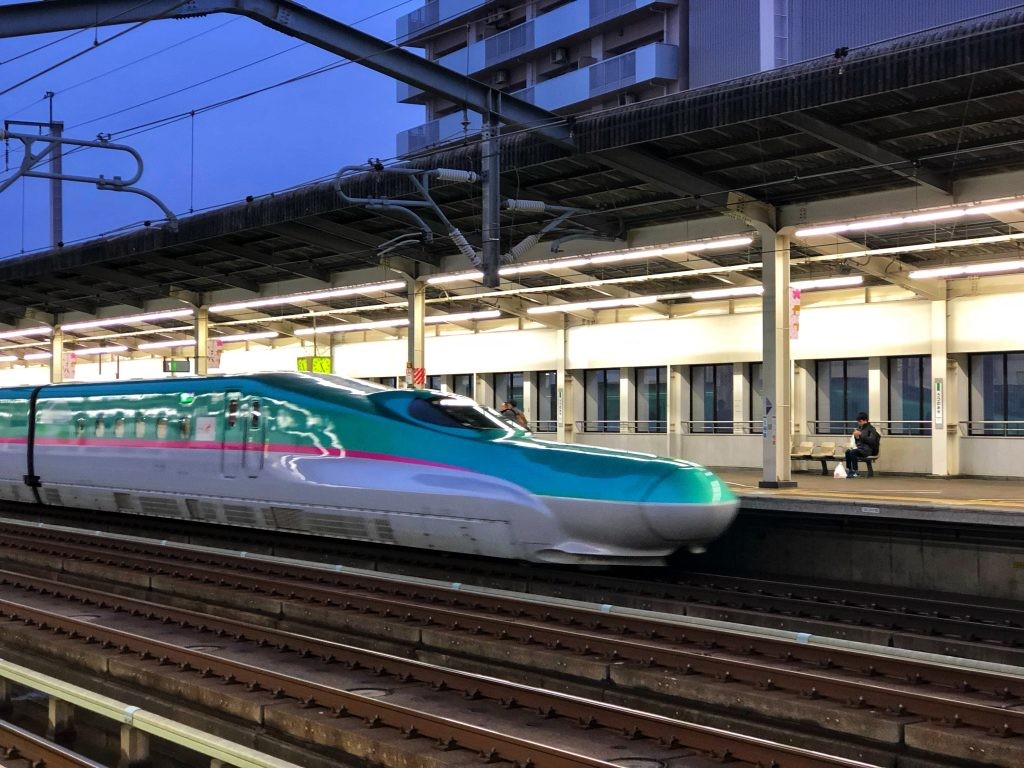 Shinkansen (Bullet Train) in Japan
Shinkansen (Bullet Train) in Japan
The Japan Rail Pass offers unlimited rides on most trains for a fixed number of days. If you plan to travel extensively, it can be a significant cost saver. Even a round trip between Tokyo and Kyoto can justify the purchase of a 7-day pass.
Vegan Travel in Japan
While traditional Japanese cuisine wasn’t always meat-heavy, veganism is a relatively new concept. Tourist cities like Tokyo and Kyoto have a growing number of vegan options. In smaller towns, a written note in Kanji explaining your dietary restrictions can be helpful.
Travel Insurance for Japan
Japan is an expensive country, so travel insurance is highly recommended.
Safety in Japan
Japan is one of the safest countries in the world. Crime rates are low, and the general friendliness of the Japanese people is remarkable.
Japanese Etiquette for Tourists
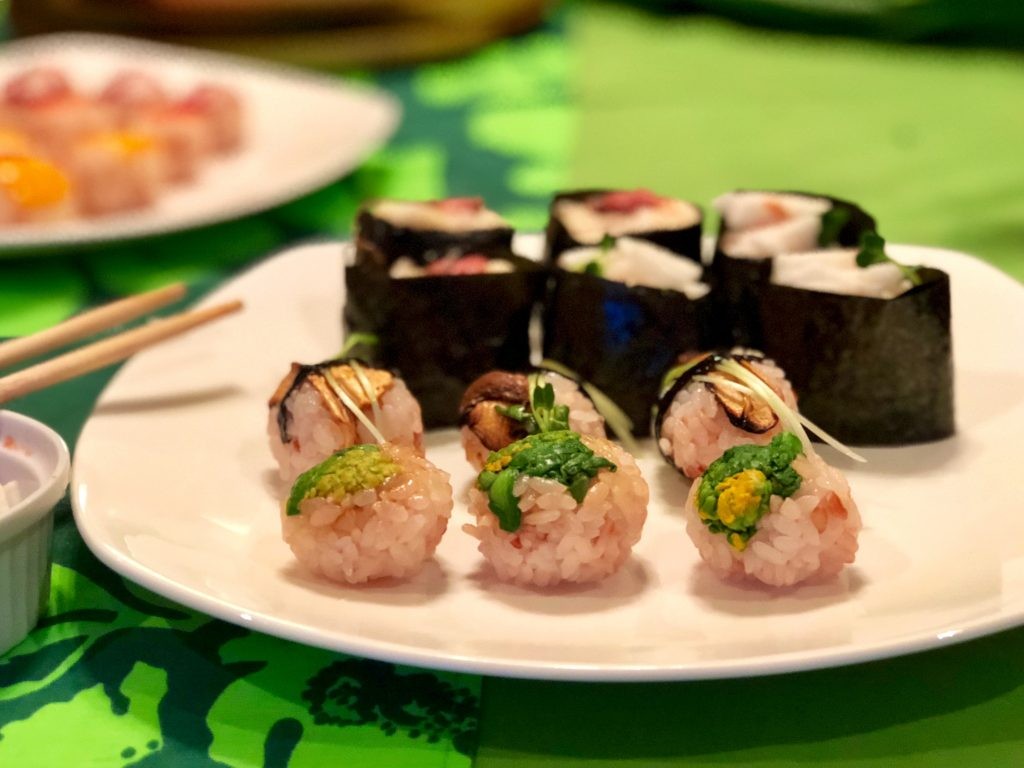 Vegan Sushi in Japan
Vegan Sushi in Japan
While locals are generally relaxed with tourists, observing basic etiquette is appreciated:
- Be polite and use phrases like “arigatou gozaimas” and “sumimasen.”
- Avoid eating or smoking while walking.
- Learn how to use chopsticks.
- Don’t leave tips.
- Be mindful of noise levels on public transportation.
Conclusion
Traveling to Japan as an Indian passport holder is entirely possible and incredibly rewarding. By understanding the visa process, planning your trip carefully, and embracing the local culture, you can create an unforgettable experience in this fascinating country.
